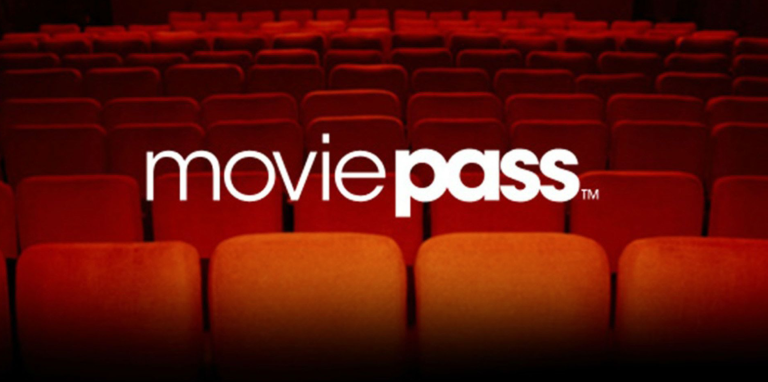
MoviePass, the infamous subscription-based movie ticketing service that filed for Chapter 7 bankruptcy in early 2020, is set to relaunch this summer. The company is set to revamp its business model by allowing its users to roll their credits over month to month, and also trade or share their credits with other users, Variety is reporting.
The new credit system MoviePass is implementing during its relaunch is also garnering attention for potentially awarding users more credits if they watch ads. The change in business model comes after the ticketing service allowed its subscribers to watch one movie at a theater per day for a monthly fee between its launch in 2011 and its initial shutdown two years ago.
The relaunch was announced by MoviePass’ founder, Stacy Spikes on Thursday. The former film marketing executive and producer, who was pushed out of the controversial company when it was acquired by analytics firm Helios and Matheson in 2018, said that MoviePass is being reimagined as a cooperative. As a result, it will also use virtual currency and tiered pricing plans.
“We want to rebuild MoviePass as a company that’s built by its fanbase,” Spikes said in a presentation at New York City’s Lincoln Center. He chronicled his plans for what he envisions for the ticketing service’s next iteration in a detailed slideshow.
However, there were several questions that the entrepreneur didn’t answer during the presentation. One of the biggest topics Spikes didn’t address was pricing information for the various plans that MoviePass will begin offering when it relaunches in a few months.
However, the businessman did delve into how users can watch ads in order to earn more credits. Spikes noted that a user’s phone camera could track eyeballs to make sure they’re actually watching the ad.
The company originally drew widespread national attention in 2017 when it began charging its users a .
95 monthly subscription fee for its one movie in a theater per day plan. That was less than the cost of a single movie ticket, but MoviePass claimed at the time that it was making a profit by selling data to studios and other companies. But even as the ticketing service attracted scores of customers, its monetary losses kept growing.
In a last-ditch effort to prevent bankruptcy, in 2018 MoviePass rolled out a refashioned unlimited option for $14.95 per month. The option allowed subscribers to continue seeing one movie a day in theaters, but there were restrictions.
But the surge pricing fee also turned out to be unsustainable. As a result, the company began hiding popular movies from appearing on its app, and change users’ passwords to prevent them from using its service too much.
Despite MoviePass’s efforts, its profit losses continued. As a result, in September 2019, the ticketing serive notified subscribers that it would be shutting down indefinitely. The following January, Helios and Matheson Analytics filed for Chapter 7 liquidation on behalf of MoviePass.
But MoviePass did successfully reshape the theatrical landscape. It inspired such theater chains as AMC, Regal, Cinemark and Alamo Drafthouse to launch their own subscription services.
Spikes acknowledged that the competition between the current theater subscription services has been dramatically altered since he first came up with the idea for MoviePass.
However, he thinks there’s room for a service that isn’t aligned with one particular chain.
“If it benefits one theater chain it’s really a loyalty program,” Spikes said during the presentation. “Our goal is to create a marketplace where all theaters, all movies, all titles, all parts of the market benefit.”
Despite the entrepreneur’s optimism about the company, MoviePass is relaunching during a time when movie theaters have been hit hard by the pandemic. Domestic ticket sales in 2021 hit $4.4 billion, a 91% increase from 2020, when many cinemas were closed, due to COVID. However, that’s still a 61% drop from 2019, the last normal yearly period at the box office.
But Spikes argued that services like MoviePass can help the industry rebound by encouraging people to not only watch blockbusters like Spider-Man: No Way Home, but also check out independent films like Drive My Car, in theaters. “It bugs me how people talk about the end of the movie industry,” he said. “It’s the greatest thing on Earth.”

